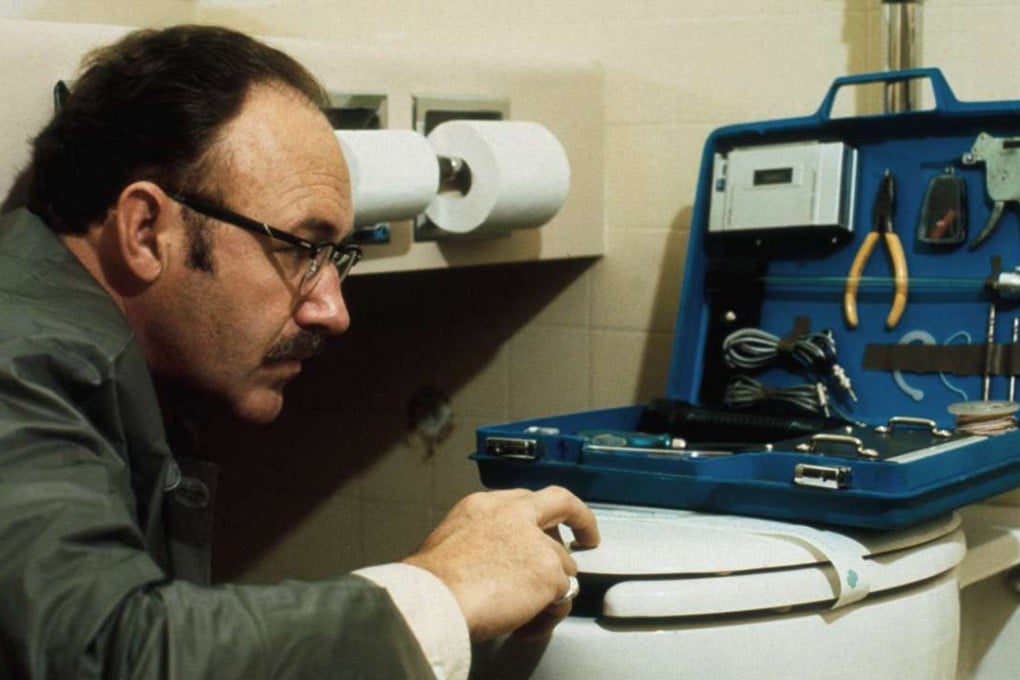Flashback: The Conversation – Gene Hackman plays spy in thriller that’s European in style
Francis Ford Coppola’s most personal movie captures the paranoid zeitgeist of 1970s America, embodied in Hackman’s tragic character who is unable to connect with those around him

Francis Ford Coppola is usually mentioned in the same breath as his epics The Godfather (1972) and Apocalypse Now (1979), and this belies the fact he has worked in a wide variety of styles. Even so, the director reportedly feels 1974’s The Conversation, a small-scale European-style thriller, is his most personal movie.
Starring Gene Hackman as private surveillance expert Harry Caul, the film succeeds as a clever mystery movie and a tragic character study. Released at the height of the Watergate scandal (although Coppola says he had finished the script long before), and shortly before President Richard Nixon resigned, The Conversation draws on the paranoia and distrust that characterised the zeitgeist of America in the 1970s.
When Harry is paid by a corporate boss to record the conversations of his wife and her lover, he becomes worried that violence may occur as a result of his tapes. Although Harry feels he’s not responsible for what happens after he’s handed over the tapes, a horrific event in his past leads him to involve himself in the situation. Suddenly, the watcher becomes the watched.